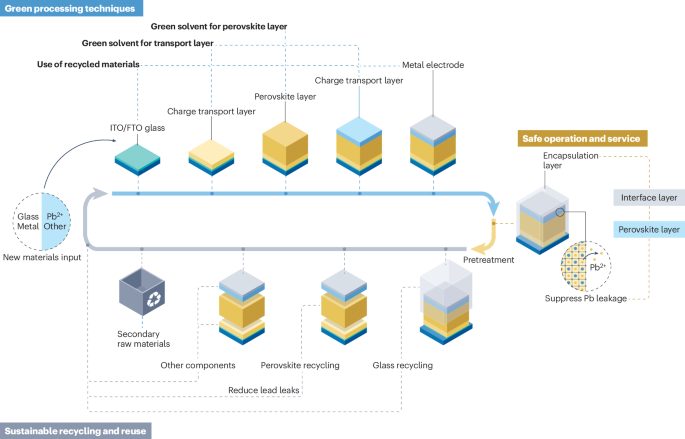In a significant breakthrough for sustainable technology, researchers have developed a novel approach to constructing electric vehicle (EV) batteries that facilitates easier disassembly at the end of their life cycle. This innovation addresses a critical challenge in the growing EV market: the environmental impact of battery disposal and recycling. As the demand for electric vehicles surges, the need for efficient recycling methods becomes paramount; traditional recycling processes are often complex and costly, leading to increased waste and resource depletion. By rethinking battery architecture, scientists aim to streamline the recycling process, potentially transforming how we manage battery waste and recover valuable materials.
The key insight from this research lies in the design of the battery itself, which allows for straightforward dismantling without compromising performance during its operational life. This advancement not only enhances the feasibility of recycling but also underscores the importance of integrating sustainability into product design from the outset. As the automotive industry pivots towards electrification, adopting such innovative recycling solutions will be crucial for minimizing environmental impact and ensuring a circular economy for battery materials, ultimately supporting the long-term viability of electric mobility.




